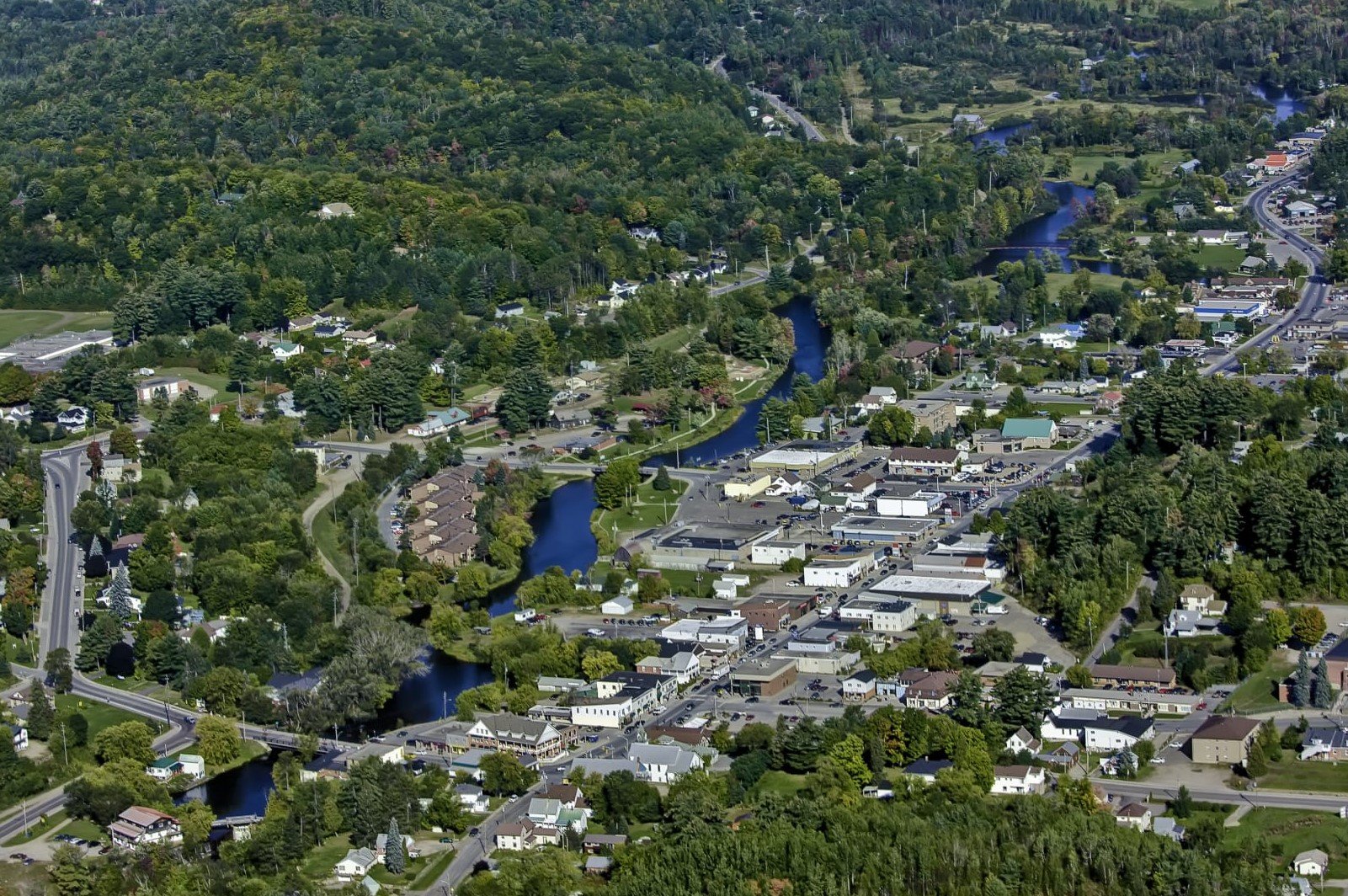
A BUYER’S GUIDE
HOME INSPECTION CHECKLIST
Buying a home is a significant investment, and a thorough home inspection is a crucial step in the process. To ensure that your future home is in good condition and to identify any potential issues, use this comprehensive checklist as your buyer's guide during the home inspection process. It's essential to hire a qualified home inspector to perform the inspection, but being informed about what to look for can be valuable.
Exterior:
Roof: Check for missing or damaged shingles, signs of water damage, and the overall condition of the roof.
Gutters and Downspouts: Inspect for clogs, loose sections, and proper drainage away from the house.
Siding and Exterior Walls: Look for cracks, rot, or any signs of damage.
Foundation: Examine for cracks, settling, or signs of water intrusion.
Windows and Doors: Ensure they open and close properly, and check for weatherstripping and seals.
Chimney and Fireplace: Check for structural integrity and proper ventilation.
Interior:
Plumbing: Test faucets, toilets, and showers for leaks or water pressure issues.
Electrical: Inspect outlets, switches, and the electrical panel for proper operation and safety.
Heating and Cooling Systems: Evaluate the furnace, air conditioner, and ventilation for efficiency and functionality.
Appliances: Ensure all appliances included in the sale are in working order.
Ceiling and Walls: Look for water stains, cracks, or signs of mold or mildew.
Flooring: Check for damaged or uneven floors, especially in older homes.
Basement and Attic:
Basement: Inspect for signs of water intrusion, cracks in the foundation, and proper insulation.
Attic: Check for adequate insulation, ventilation, and signs of leaks or pests.
General Safety:
Smoke and Carbon Monoxide Detectors: Ensure they are installed and operational.
Stairways and Railings: Confirm they are secure and meet safety standards.
Exterior Property:
Landscaping and Drainage: Assess the grading and drainage to prevent water issues around the foundation.
Decks and Patios: Inspect for rot, structural issues, and safety concerns.
Garage: Check the garage door, safety sensors, and electrical systems.
Additional Considerations:
Environmental Hazards: Inquire about potential hazards like asbestos, lead paint, radon, or mold.
Pest Inspection: Consider a separate pest inspection, especially in areas prone to infestations.
Renovations and Permits: Verify if any renovations or additions were done with proper permits.
Home Warranty: Ask about the availability of a home warranty or insurance to cover potential future repairs.
Remember, a home inspection is not a guarantee against future issues, but it provides valuable insight into the condition of the property. Work closely with your real estate agent and home inspector to address any concerns that arise during the inspection. This checklist is a helpful starting point for your due diligence as a homebuyer.



